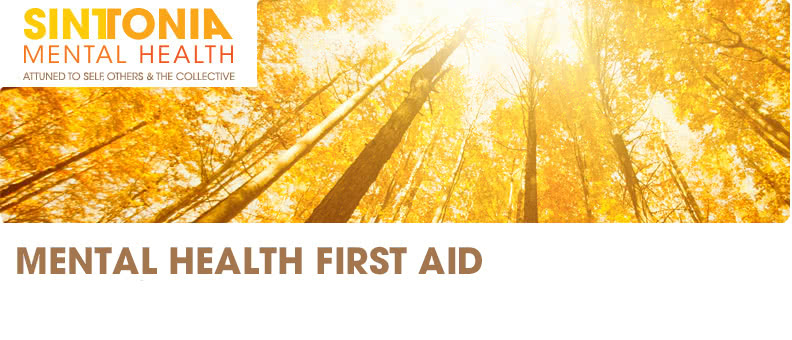
If I sprain my ankle, chances are you’ll know what to do. If I have a panic attack, chances are you won’t.
If I sprain my ankle, chances are you’ll know what to do. If I have a panic attack, chances are you won’t.
Mental Health First Aid* is a 2-day certification-training program by the Mental Health Commission of Canada, and is part of The National Standard for Psychological Health and Safety in The Workplace. This training is currently the only international mental health training program that is being delivered in 21 countries around the world and growing.
Mental Health First Aid is offered to someone with an emerging mental health problem or in a mental health crisis until appropriate treatment is found or the situation is resolved.
What you can expect from this course:
- Gain the confidence and skills to engage someone with an emerging mental health problem or in a mental health crisis;
- Greater recognition of mental health problems;
- Decreased stigma; and
- Improved mental health for yourself.
Contact us for more detailed course information, rates and availability.
